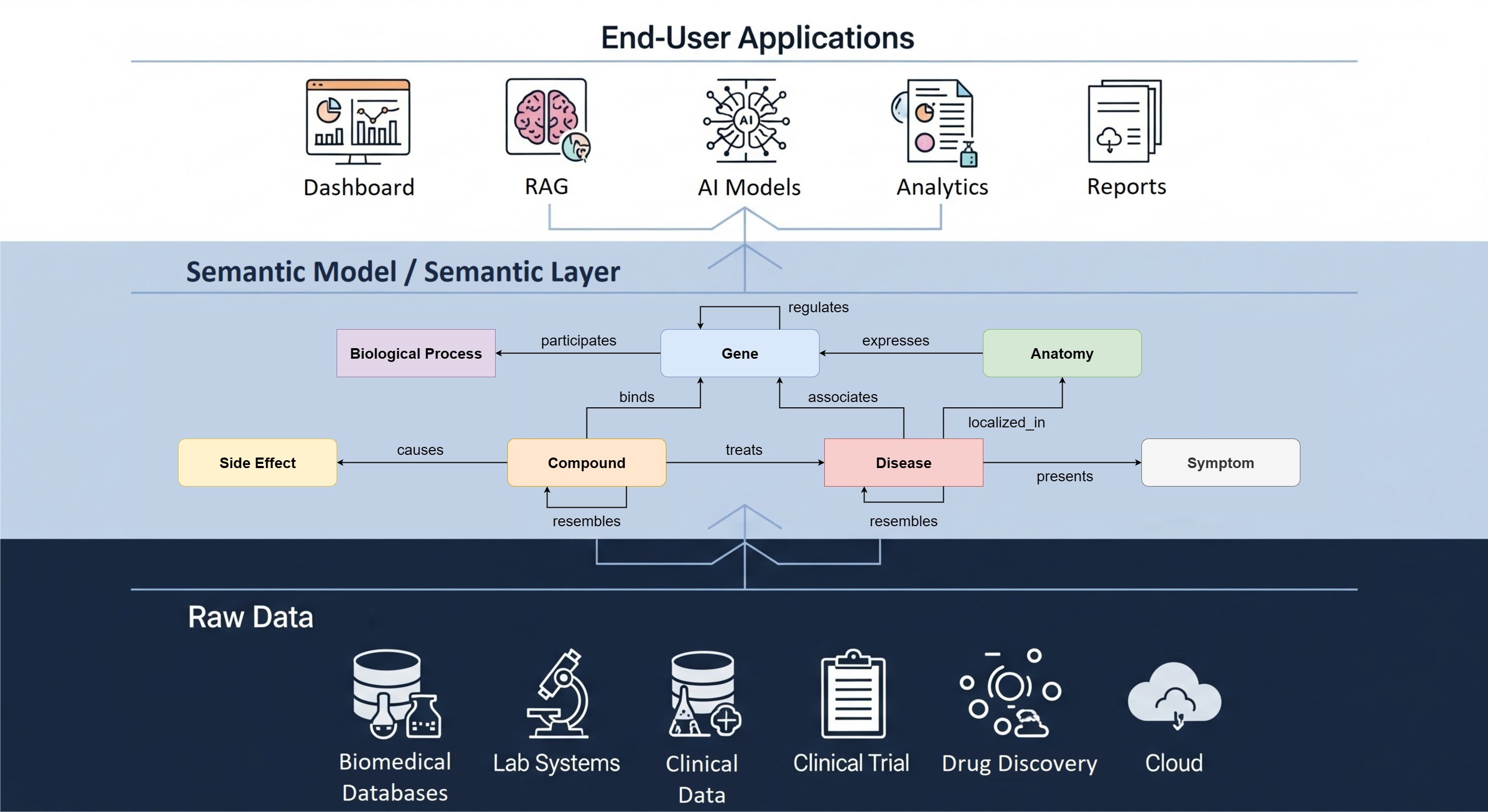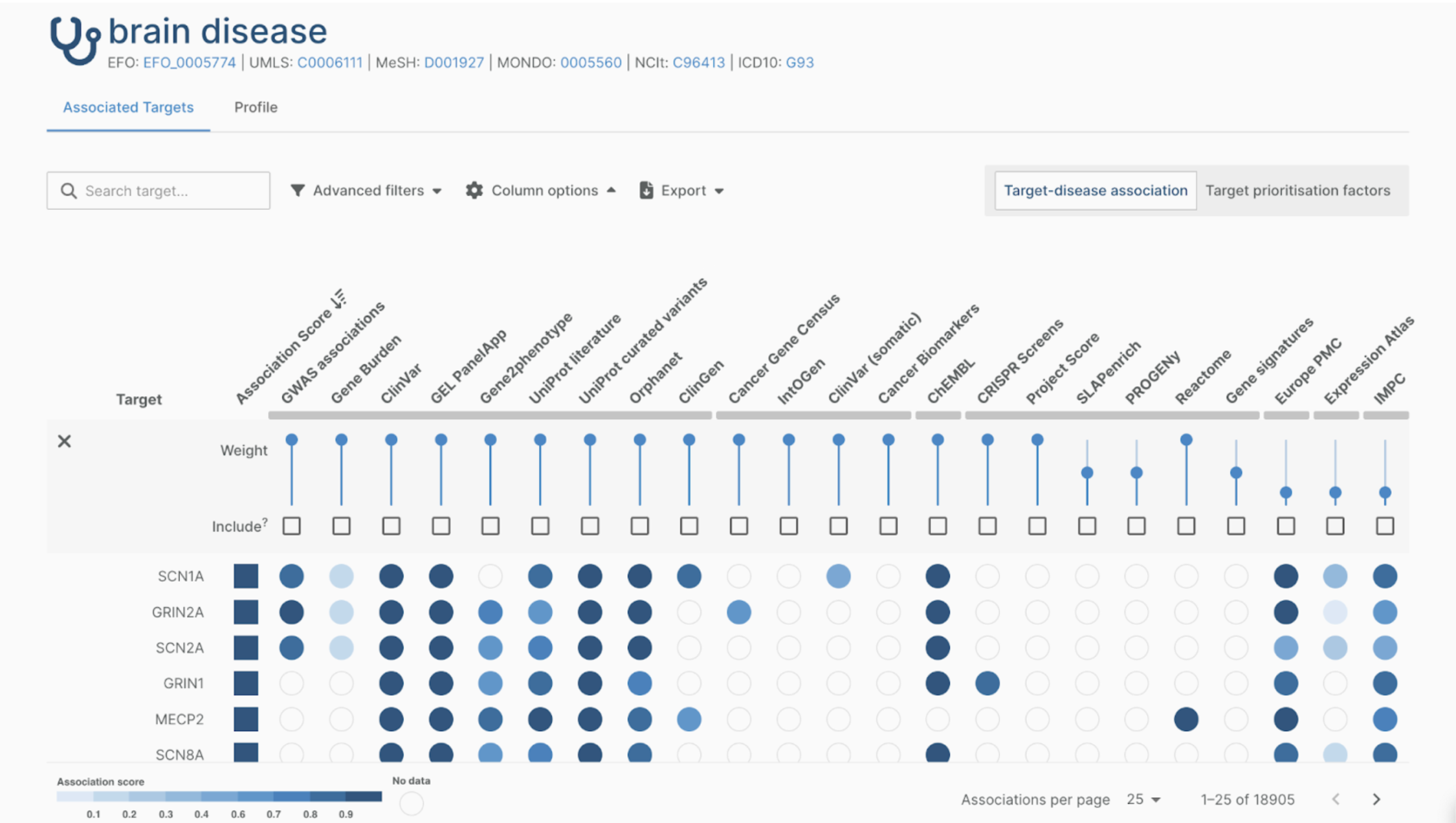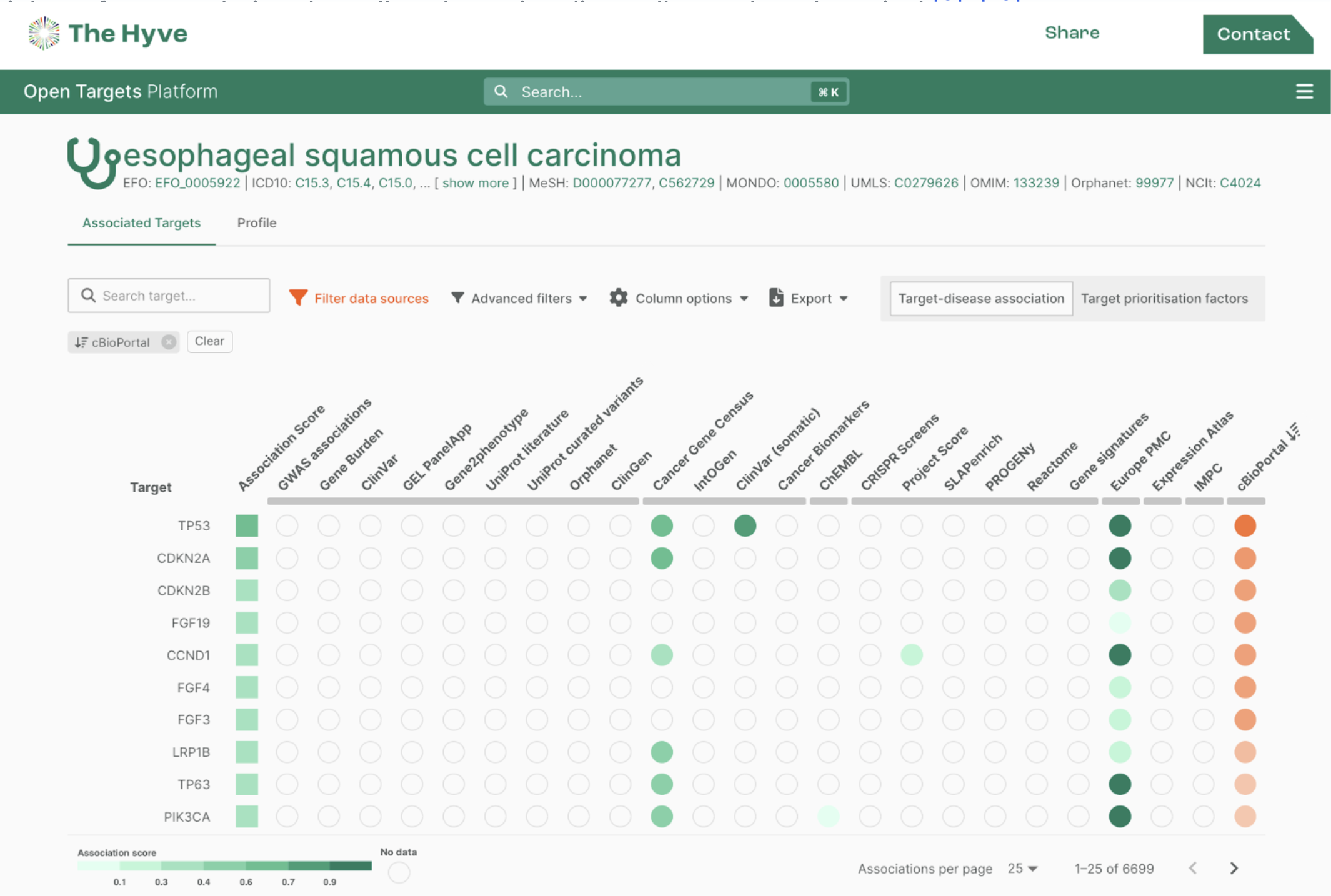The obstacle to efficient usage of clinical trial data
"How can we get more out of clinical trial data? And as a result, obtain more comprehensive, consistent and reliable outcomes from clinical trials?"
In a traditional clinical trial set-up, participants are often asked to keep a paper diary or fill out surveys at certain time points. One disadvantage of this approach is that the study coordinator has to wait until the end of the trial period to get the results, hoping that the participant compliance was good, meaning they filled out the surveys on time and the writing in the diaries is decipherable and accurate.
One way to get more out of trial data is to let the sensors speak. By providing study participants with devices for passive or remote clinical data collection, a lot of useful objective vital measurement data can be collected. Another way is to ask participants how are they doing, not during clinical visits or by a nurse making a phone call, but via an assessment app or a questionnaire app.

Ideally, the combination of both provides the optimal result. By using an assessment app that can alert the participant with notifications when it’s time to fill out a survey for the study. This app should also give precise time points when a questionnaire was filled out, that can correlate with any wearable device data that are being collected. This not only improves the means to measure how participants are doing during the study or on a particular day, it also provides the study coordinator with an overview of the data collection status and insight in the per-participant compliance while the study is still ongoing.
aRMT - an app built on RADAR-base platform
RADAR-base (Remote Assessment of Disease And Relapses) is an open source platform that provides an end-to-end solution for remote monitoring clinical trials, to remotely assess a participant using data from wearable devices and mobile technologies.
RADAR-base provides both passive and active data collection. Passive data collection can be done using the pRMT app which collects data from phone sensors or from wearable devices such as smart watches. The aRMT app is an active data collection application that can be used to gather patient reported outcomes (PRO) using questionnaires, quizzes, or different types of tasks. Active data collection can be used to analyze cognitive behavior, mental health and overall well-being in combination with passive measurements of an individual or a cohort.
The goal of the aRMT app is to facilitate a widely distributed data collection with increased convenience, efficiency, consistency and accuracy. The app is built on top of Apache Cordova, a cross platform mobile application development framework allowing the application to run on Android and iOS devices. The aRMT app is designed with extensibility and flexibility in mind such that the questionnaire and protocol definitions can be configured remotely.
aRMT usage in RADAR-CNS Studies
Currently, the platform is used in a number of RADAR-CNS studies to assess patient conditions in Epilepsy, Major Depressive Disorder and Multiple Sclerosis. The aRMT app can be configured to provide disease specific protocols and questionnaires. The app is currently used in six European countries with native language support.
Many active assessment protocols are supported, including the following:
App Feature Highlights

1. Harmonisation of active and passive data
The aRMT app is unique in many ways. Not only does it provide standardized, precise timepoints of survey completion with survey data, it also synchronises these with the passive sensor data collected in the study. Both active and passive data collected by a participant can be structured and extracted in interoperable data formats.
2. Configurable questionnaires
The aRMT app enables researchers to design questionnaires without the need for highly technical or programming skills since the app can dynamically load questionnaires, protocols, and configurations. It also allows the researcher to change and adapt questionnaires remotely without changing the application. The questionnaires can be drawn up in various languages and input types.
Currently the app provides various input methods such as:
- Check-box
- Radio input
- Range input
- Slider input
- Audio input
- Timed test
- Task info (to provide instructions to do a challenge or a task).

3. Configurable protocols
In addition to configurable questionnaire content, the app also allows for dynamic configuration of assessment protocols. The aRMT app supports multiple studies simultaneously, and they can use different assessment protocols.

The protocol definition can present participants with multiple questionnaires and schedule them based on the requirements of each study. The protocol configurations also allow the researcher to indicate when and how often a questionnaire or task should be scheduled and provides an adjustable time window to complete it. Based on the protocol definition, the app displays a calendar with tasks planned for each day. The app has an inbuilt progress bar to inform the user about the day-to-day progress and schedules.
4. Notifications and Reminders
Another important feature of the aRMT app is the option to send notifications and reminders. The app allows to configure notifications and reminders as part of the protocol. Notification and reminders help to improve participant engagement and compliance to the study protocol.
Demo
If you are interested in learning more about the aRMT app or if you want to evaluate use cases, please follow our online demo guidelines to install and fill out questionnaires from a sample protocol. Or contact us if you are interested in RADAR-base or want to know how the app can fit your custom remote monitoring assessments.
Feedback
The RADAR-base community welcomes any feedback and input for possible improvement of the aRMT app. Please contact The Hyve if you are interested in our RADAR-base services or in options to customize the app to fit your custom remote monitoring assessments.



